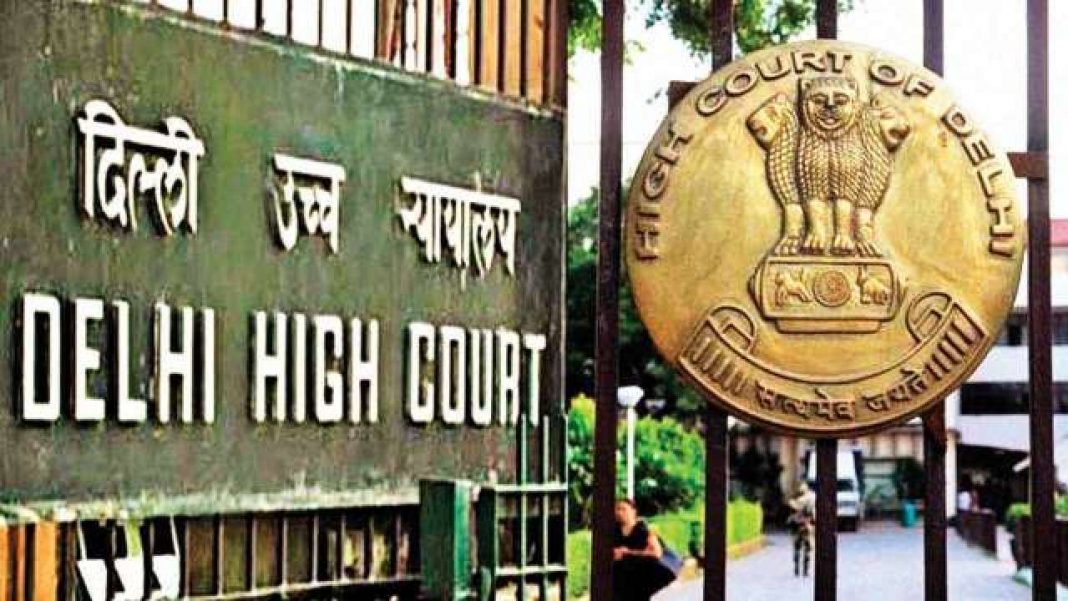The High Court of Delhi on Tuesday rejected a petition filed by lawyer and BJP leader Ashwini Kumar Upadhyay seeking directions for the Law Commission of India to prepare a comprehensive report on Uniform Judicial Code, in order to make judicial terms, abbreviations, case records and the process of case registration uniform in all High Courts across the country.
The Division Bench of Chief Justice Satish Chandra Sharma and Justice Yashwant Varma took in view the fact that the Supreme Court, by way of an order passed in September 2022, had dismissed as withdrawn a similar plea by Upadhyay.
The High Court further noted that no liberty was granted to Upadhyay to approach the High Court.
The Bench told the petitioner that he would have to seek a clarification from the Apex Court, in case he wanted the High Court to take up the petition.
The petitioner argued that this was a general order passed by former Chief Justice of India (CJI) U.U. Lalit. Therefore, it would be difficult for him to seek clarification.
Meanwhile, the High Court further refused to consider a chart that the petitioner had prepared on the issue raised in the plea. Later, the petitioner withdrew his plea.
Alternatively, the petitioner had sought constitution of an Expert Committee for preparation of the report in consultation with other High Courts.
The plea submitted that the terminology used by different High Courts for different types of cases was not uniform, which caused inconvenience not just to the general public but also to the advocates and authorities.
Upadhyay also pointed out the different fee structure in various states, stating that unequal court fees in different states amounted to discrimination among citizens based on their place of birth and residence.
The petition contended that different High Courts across the country adopted different norms and procedures for case registration, used different judicial terms, phrases and abbreviations, besides taking different court fees, which were all against the rule of law and the right to justice.
Stating that judicial equality was a matter of constitutional right, the petition submitted that differentiation based on the jurisdiction of courts violated the Right to Equality enshrined under Article 14 and Article 15, besides promoting regionalism.
The plea submitted that the terminology used by different High Courts for different types of cases was not uniform, which caused inconvenience not just to the general public but also to the advocates and authorities.
Upadhyay also pointed out the different fee structure in various states, stating that unequal court fees in different states amounted to discrimination among citizens based on their place of birth and residence.
The petition contended that different High Courts across the country adopted different norms and procedures for case registration, used different judicial terms, phrases and abbreviations, besides taking different court fees, which were all against the rule of law and the right to justice.
(Case title: Ashwini Kumar Upadhyay vs Union of India & Others)


